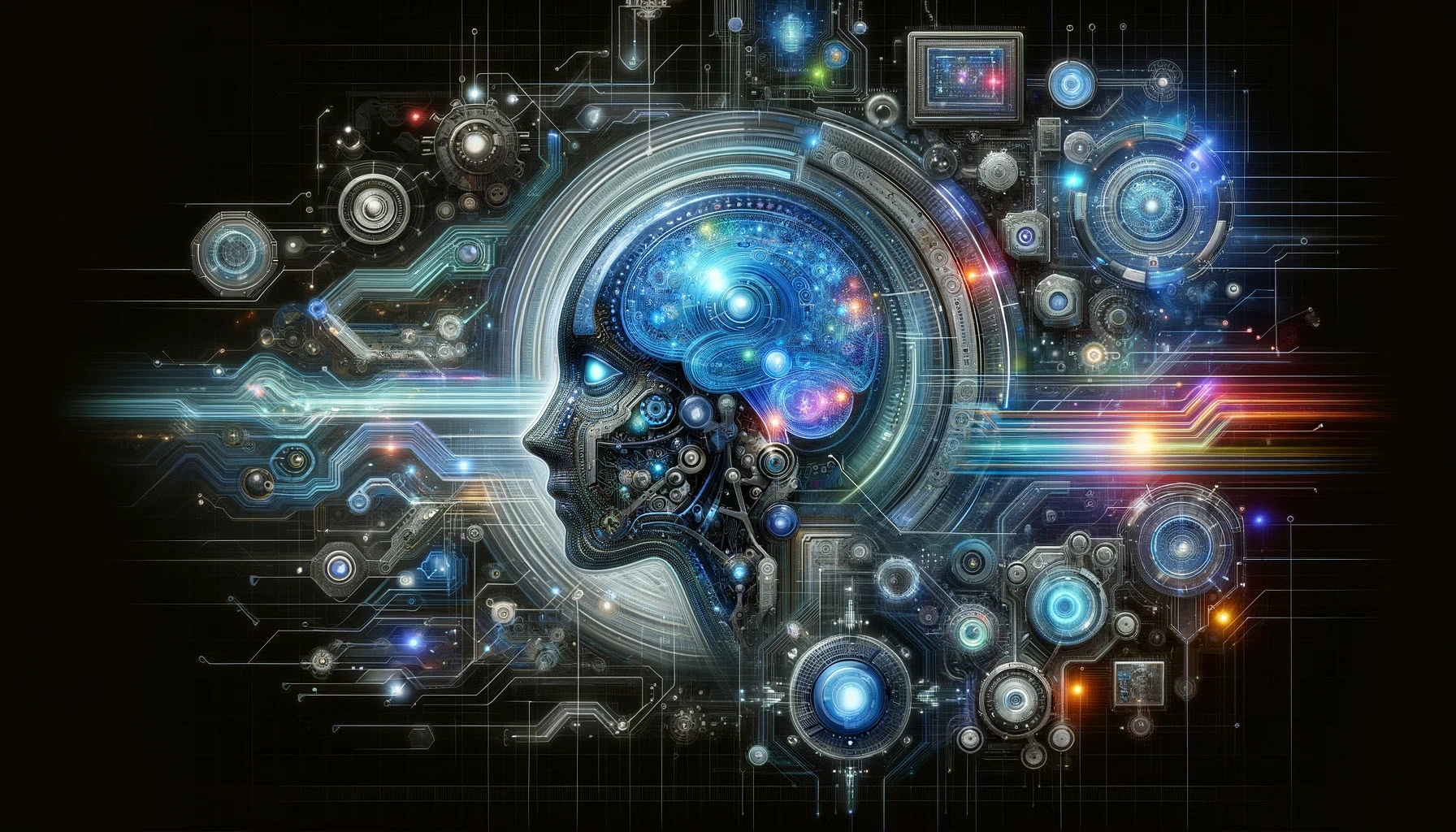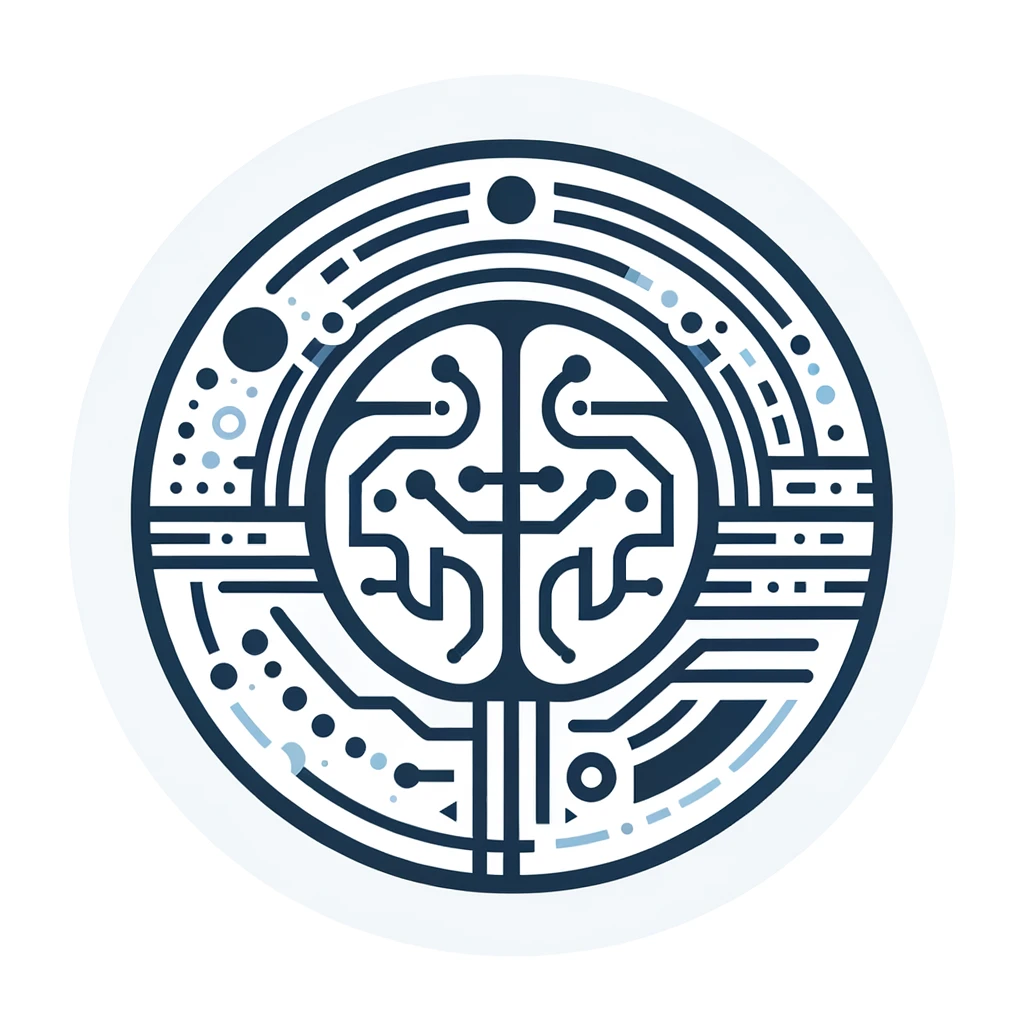The Evolution of AI and the Anticipation of GPT-5: Insights from Sam Altman and Bill Gates
The Future of AI: Transforming the World as We Know It

Introduction
In the ever-evolving landscape of technology, artificial intelligence (AI) stands as a beacon of transformative power, reshaping industries, societal norms, and our daily lives. The journey towards more advanced AI, epitomized by the progression from GPT-4 to the much-anticipated GPT-5, has sparked conversations and debates among tech giants, with Sam Altman, CEO of OpenAI, and Bill Gates, Microsoft co-founder, being prominent voices.
GPT-5: The Next Leap in AI’s Evolution
The progression from GPT-4 to GPT-5 represents a significant leap in AI’s capabilities. While GPT-4 has already shown remarkable abilities in reasoning and language understanding, GPT-5 promises to push these boundaries even further. However, Bill Gates has expressed a cautious viewpoint, suggesting that GPT-5 may not be substantially better than its predecessor, despite the hype surrounding it. This perspective aligns with the notion that while AI is advancing rapidly, it may be approaching a peak in its current form.
Multimodality: A Key Milestone
One of the critical aspects of AI’s evolution is its shift towards multimodality. Sam Altman emphasizes the importance of this transition, noting that GPT-5 and future iterations will likely incorporate speech, images, and eventually video. This advancement is crucial as it will enable AI to understand and interpret the world in ways more akin to human perception, thereby enhancing its applicability across various domains.
AI in Robotics: A Future Vision
The intersection of AI and robotics presents another frontier for technological innovation. Sam Altman revealed that OpenAI had initially delved into robotics but paused the project due to technical challenges. However, the potential for AI-driven robots with human-like capabilities remains a significant focus, with the aim of eventually integrating advanced AI models into physical platforms.
AI’s Impact on Society and the Job Market
As AI continues to evolve, its impact on the job market and society at large is a topic of critical importance. The development of AI-driven robots capable of performing blue-collar jobs raises questions about the future of human labor and the redefinition of work. Bill Gates and Sam Altman’s conversation highlighted these concerns, pointing to a future where AI’s capabilities extend beyond white-collar tasks to more physically demanding roles.
The Cost of Intelligence and Accessibility
Another aspect of AI’s progression is the decreasing cost of intelligence. As AI models become more efficient and less expensive to run, their accessibility and applications broaden. This democratization of AI has the potential to level the playing field, allowing a wider range of individuals and organizations to harness the power of advanced AI.
Ethical Considerations and AI’s Future
As we stand on the brink of significant advancements in AI, ethical considerations remain paramount. The development of AI must be guided by principles that prioritize the well-being of society and the responsible use of technology. As AI continues to reshape our world, it is crucial to engage in open dialogues about its implications and ensure that its benefits are equitably distributed.
Embracing the AI Revolution
The journey towards GPT-5 and beyond signifies a pivotal moment in the history of AI. As we anticipate the new capabilities and applications of these advanced models, it is essential to approach this evolution with a balance of excitement and caution. By understanding the potential and limitations of AI, society can better prepare for the changes it will bring and harness its power to improve our lives and work.
As we look to the future, it’s clear that AI will play an increasingly central role in shaping our world. The advancements in AI, particularly in the development of GPT-5 and its successors, promise to bring unprecedented levels of efficiency, creativity, and intelligence to various sectors. From healthcare and education to entertainment and manufacturing, AI’s potential to augment human capabilities is limitless.
The Role of AI in Enhancing Human Potential
The evolution of AI is not just about replacing human tasks but enhancing human potential. With AI taking over repetitive and mundane tasks, humans will have more opportunities to engage in creative, strategic, and complex problem-solving activities. This shift can lead to higher job satisfaction and the emergence of new roles and industries that we can’t even imagine today.
Navigating the Ethical Landscape
With great power comes great responsibility. The rapid growth of AI raises ethical questions about privacy, security, and the potential for misuse. It’s crucial for developers, policymakers, and society to work together to establish guidelines and regulations that ensure AI is used for the greater good. Transparency, accountability, and inclusivity should be at the forefront of AI development and deployment.
Preparing for an AI-Driven Future
To fully benefit from AI’s potential, education, and training systems must adapt. There’s a growing need for skills in AI literacy, critical thinking, and emotional intelligence. Lifelong learning will become essential as people need to continuously update their skills to stay relevant in an AI-driven job market.
The Human-AI Partnership
The future is not about AI replacing humans but about AI and humans working together. By combining human intuition, creativity, and empathy with AI’s speed, accuracy, and data-processing capabilities, we can solve complex problems more effectively and innovate in ways previously unimaginable.
Conclusion
As we stand on the cusp of a new era marked by the advent of GPT-5 and other AI advancements, it’s an exciting time to be alive. The possibilities are endless, and the potential for positive change is enormous. By embracing AI’s transformative power while staying mindful of its challenges, we can ensure a future where technology elevates humanity and leads us toward a more prosperous, equitable, and sustainable world.
FAQ
The development and release of GPT-5 hinge on several factors, including the availability of high-quality data, its effective utilization, comprehensive safety research, and alignment concerns. These elements will determine the feasibility and timing of GPT-5’s release.
High-quality data is crucial for the rapid and effective improvement of GPT models. The availability and effective use of such data greatly impact the performance and advancements of AI technologies like GPT-5.
Potential strategies include extracting high-quality data from lower-quality sources, automating Chain of Thought prompting, training GPT-5 to use various tools like calculators and APIs, and multiple training cycles using the same data.
The responsible use of advanced AI technology like GPT-5 necessitates addressing potential risks and ethical considerations. The AI community, policymakers, and stakeholders are engaged in ongoing dialogues to ensure transparency, collaboration, and accountability in the development and deployment of GPT-5.
As of now, there is no confirmed release date for GPT-5. The timeline depends on factors such as safety precautions, the availability of high-quality data, and internal research at organizations like OpenAI and Google.
GPT-5 is expected to be a significant step forward in AI evolution, potentially offering groundbreaking capabilities in multimodal AI, including enhanced language processing, sound recognition, and video analysis. Its impact could be substantial across various industries, from entertainment to healthcare.
